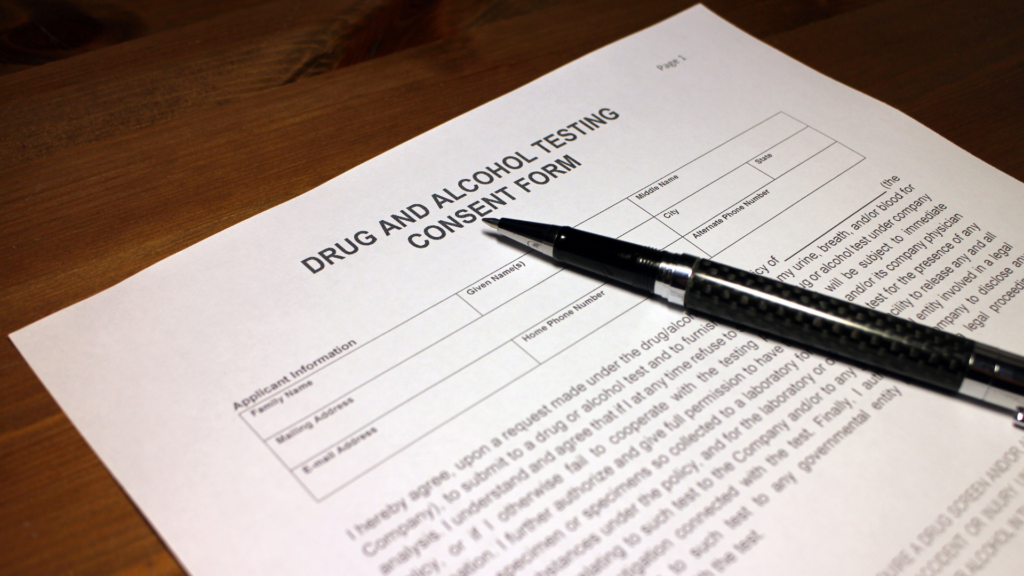Drug testing is a common practice for employers to use before hiring new employees. There are many reasons why an employer might want to do drug tests on their candidates, but it’s important that the candidate knows what to expect and when they will be tested.
What is the purpose of drug testing during the hiring process?
There is a myriad of reasons why employers might want to do a drug test on their potential employees. One of the most common is because drug use can create a liability issue for the employer. If an employee does a job that requires them to be alert and aware, their employer can be held liable if that person causes accidents for co-workers or customers while under the influence. Certain jobs require specific drug testing to meet state or federal regulations, such as those who work with machinery, handle hazardous materials, or work with vulnerable populations.
Legally, in most cases, a candidate seeking first-time employment can be tested as a condition of employment without reasonable suspicion of drug use, but employers should have a clear and consistent drug-testing process for all applicants. This way, everyone will know what is expected of them and when they need to be tested.
Some states have imposed limitations on pre-employment drug testing, so make sure to check with your human resources professional or employment law consultant before creating your drug testing process. For example, California allows a drug test only after the applicant has received an offer of employment conditioned on passing the test. In other states, employers that drug test are required to provide written notice or indicate in their job postings that testing is required.
How and when to notify a candidate
How and when you notify a candidate of drug testing is determined by when your company chooses to conduct pre-employment screening. Regardless, if your company requires a drug test before hiring, you should notify the candidate ahead of time, so there aren’t any surprises.
Depending on what is allowable in your state, you may choose to conduct pre-employment drug screens as part of the interview process. In this case, you are required to notify potential applicants before the interview that a drug test will be conducted and how it will take place (urine, blood draw, mouth swab, hair follicle, etc.). The best practice is to include this information in the job listing and remind the candidate before scheduling the interview. The same is true for criminal background screening.
Many states stipulate that pre-screening drug tests may not be conducted until a conditional offer of employment is made. Suppose your company waits until you have decided to hire an applicant to conduct drug test. In that case, it is best to notify candidates during their interview that you will conduct a drug screen before finalizing any job offer.
Many employers use drug testing as a pre-screening before hiring new employees. An employer should ensure that a candidate knows what type of drug test they will undergo during the process and when and how it will take place, so there are no surprises. Employers who choose to conduct pre-employment screening need to have these policies in writing with clear language about what’s required at each stage of the application process. By following best practices like these, you’ll be able to create an efficient hiring system with minimal risk for your business while also attracting top talent!

